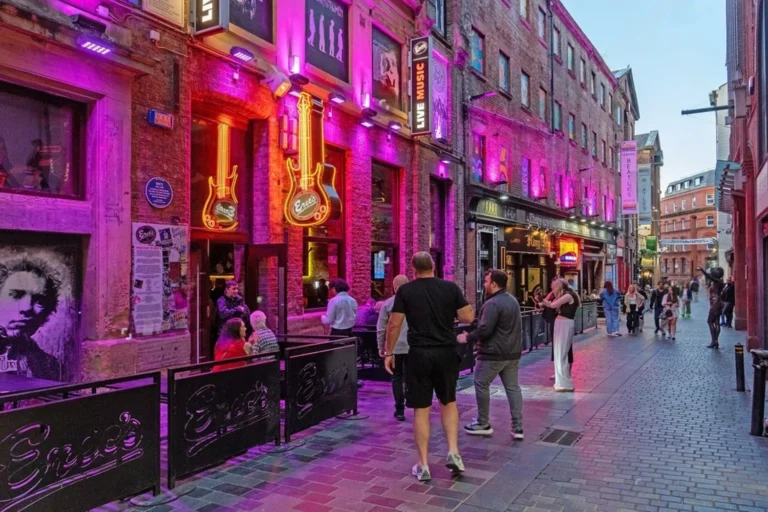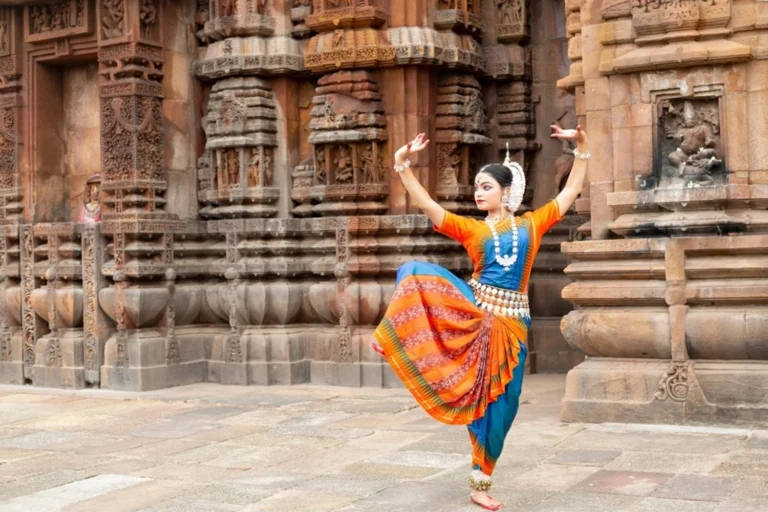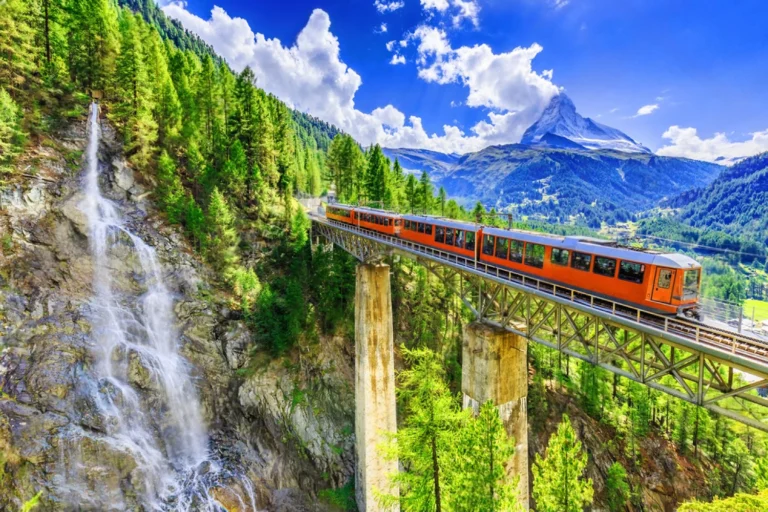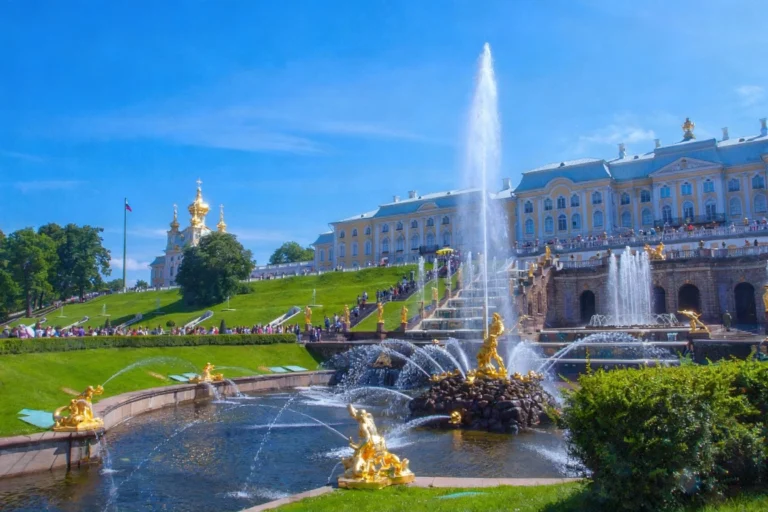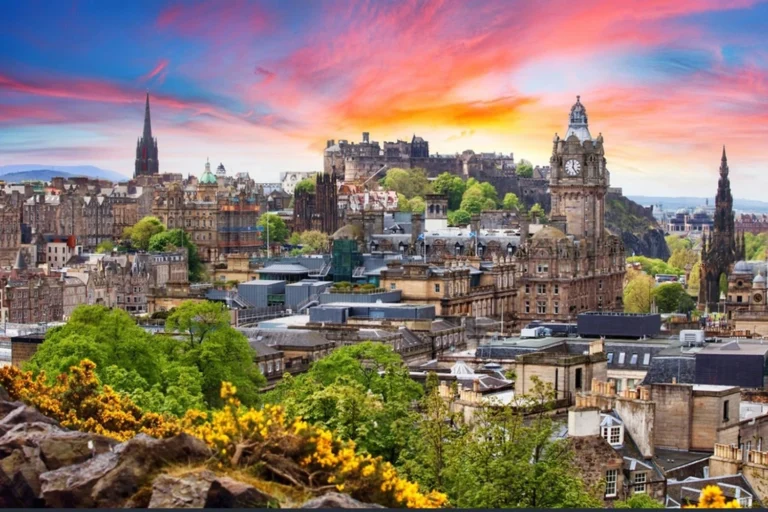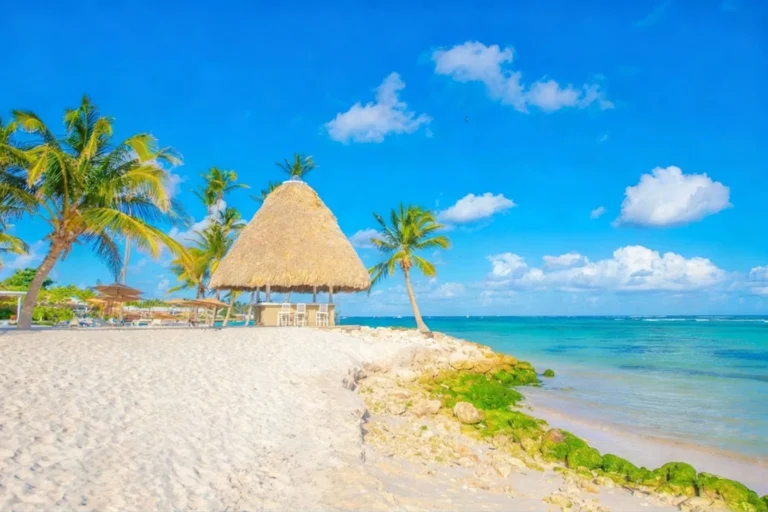Costa Rica: 30 Unexpected Facts from the Land of Pura Vida
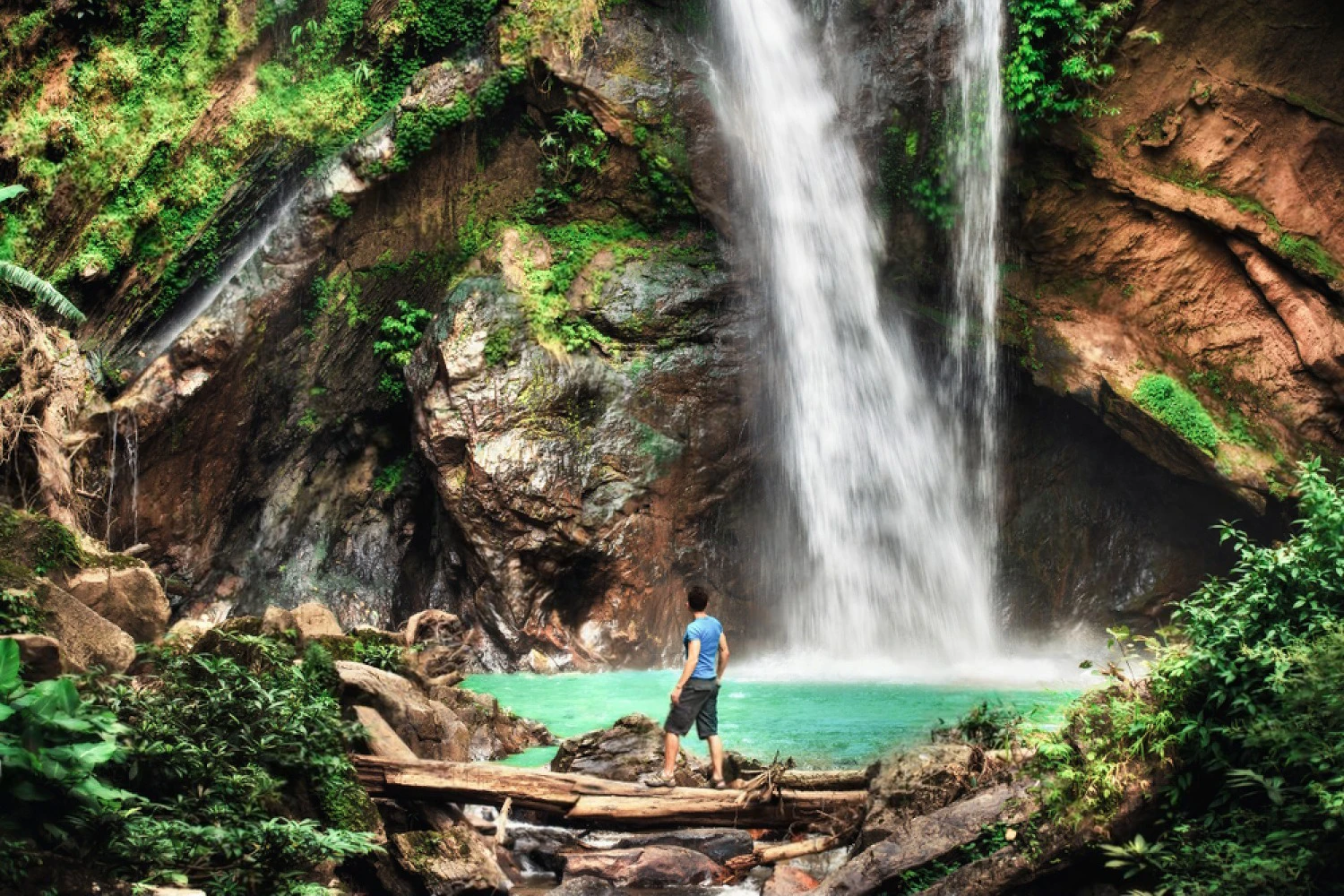
Come with me to look closer like lifting the corner of a woven tapestry to glimpse the quiet knots that hold it together. In Costa Rica, I keep noticing the scent of wet earth after rain rising from the road, the warmth of morning coffee in the air, and the gentle drag of waves across dark sand. In these small textures, a quieter spirit becomes easier to notice. Let’s walk a little slower and notice what’s been waiting nearby.
Ancient stone spheres that won’t explain themselves
I remember the first sphere appearing out of the green, so round it felt like a decision made by the earth itself. The air was damp and leaf scented, and the stone was cool against my fingertips, a quiet moon resting on the forest floor.
People there talk about them like a family secret half smile, half shrug. Some swear they point to buried treasure; others say they crowned power. No one can say who carved them or why, and in the Diquís Delta of Costa Rica, the answer never quite steps out of the shade.
What stayed with me wasn’t the puzzle, but the permission to let it be one. Standing among those nearly perfect rounds, I felt how mystery can widen a place, the way a held breath makes a room seem larger. The truth stays tucked in the cool green quiet, and somehow that silence makes the world feel kinder and older.
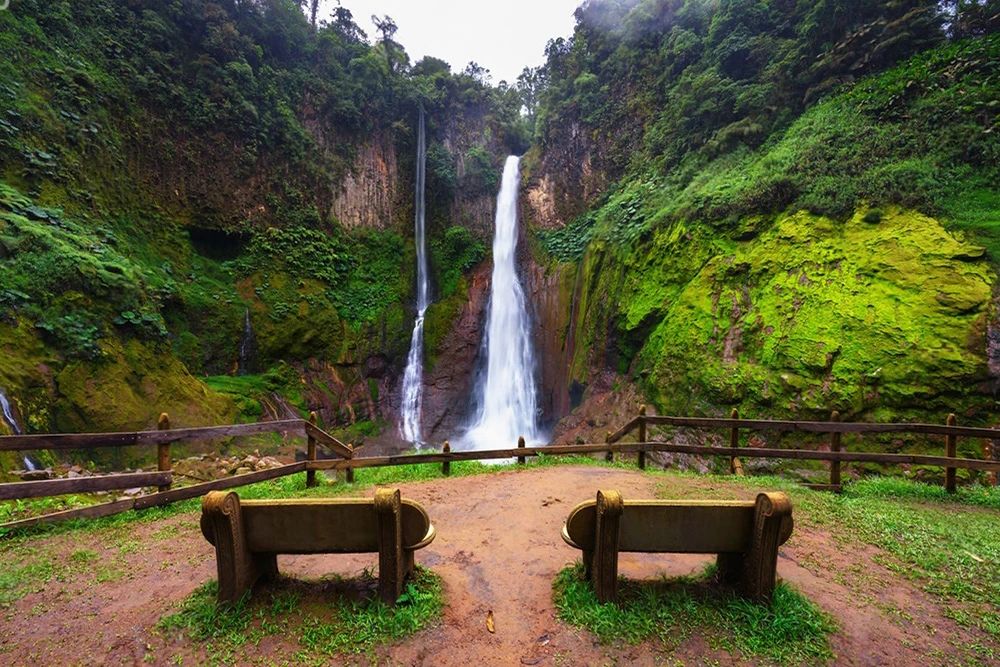
A cave where paradise stops breathing
The first thing you notice isn’t the darkness but the hush, like the forest is holding its breath. Cloud mist beads on moss and curls along the entrance to “The Cave of Death,” where the air feels still in that uneasy way that makes your own breathing seem loud. Somewhere up the slope, the earth’s warm lungs murmur around Costa Rica’s Poás Volcano, but here the world goes quiet, and the quiet has weight.
Local guides talk about this place as if it’s an altar and a warning at once part science, part superstition. They’ll tell you the air is thick with invisible CO₂ that settles low, an unseen lake where animals wander in and don’t return. I remember the guide lowering his voice, not from fear but from respect, and it struck me how even the sweetest landscapes keep a boundary line drawn in invisible ink. Paradise, it turns out, isn’t endless; it’s edged, and the edges teach you to listen to your breath, to the hush, to the truth that beauty and danger sometimes share the same silence.
https://en.wikipedia.org/wiki/Costa_Rica
A country with no army, winter, or bad coffee
I still grin at the audacity of a nation that traded boots for books back in 1949. You feel it in small places: chalk dust lifting in a sunlit classroom, a clinic waiting room painted sky blue, kids laughing while rain patters warm and steady. Redirecting military budgets into healthcare and education turned peace into policy you notice it in the quiet corners where life feels looked after.
No army, no winter, and somehow no bad coffee; it sounds like a joke until your morning tastes like cocoa and orange peel and the afternoon ends in rain instead of cold. In Costa Rica, the warmth isn’t just weather, it’s a choice serving people before fear, pouring resources into minds and bodies until safety grows like a tended garden. I remember thinking how rare it is when a country’s values show up in the cup in your hands and the care in its halls.
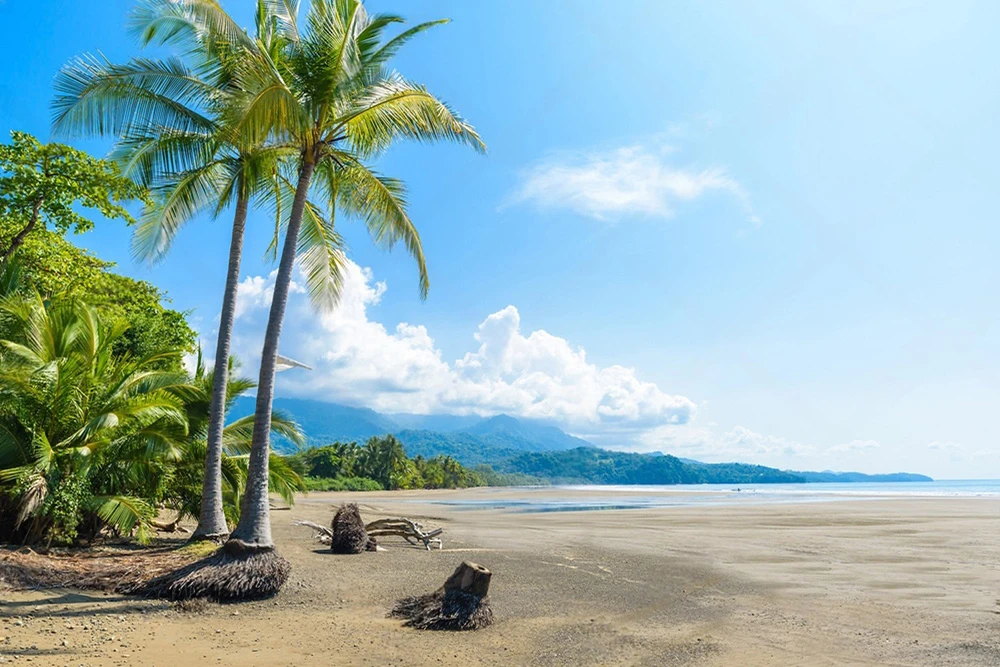
A place where bad coffee is against the law.
I laughed when I first heard it bad coffee is illegal. Then someone set a wooden stand on the table, a cloth sleeve hanging from it, and poured slowly. The aroma was warm with toast and a hint of citrus. They called it café chorreado, and suddenly the cup felt less like a caffeine fix, more like a small ceremony.
In Costa Rica, the rule is simple and stubborn: Arabica, always. It sounds strict, but it comes from care the kind that protects quiet mornings, unhurried stories, and the dignity of a good brew. You can taste the intention; everything feels steadier when you pause for it.
I remember listening to the hush between drips, feeling my shoulders let go as the first sip settled. The coffee didn’t shove me awake; it let me arrive, like the day’s slow heartbeat. Funny how a law can teach you to slow down long enough to meet yourself.
Hummingbirds and sloths share the softest mornings.
There are mornings when the air hums before your thoughts wake. Tiny sparks flicker among the leaves more than fifty kinds of hummingbirds, each a different glint of green, copper, or amethyst. I remember holding my breath; their wings make a soft, electric hush, almost like light has a sound.
Then your eyes adjust and there’s the other guest: a sleepy sloth, blinking slowly while the birds feed inches away. No drama, no hurry the forest just sets a long table and everyone shows up. In Costa Rica, it somehow feels casual, as if wonder doesn’t need a spotlight. You leave a little quieter inside, warmed by the idea that peace can be this simple.
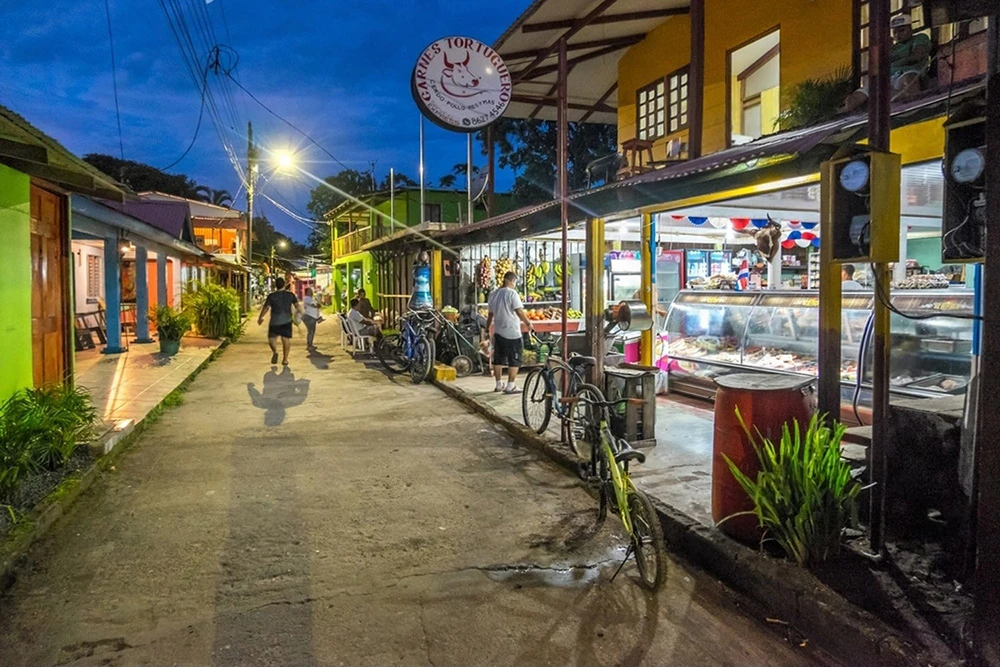
A Daily Double of Golden Light at 5:30
It still makes me smile every day, 5:30 arrives and the sky slips into the same gentle light. Birds fuss awake, the scent of coffee and damp earth rises, and colors sharpen across the street. The glow pours like warm honey over rooftops and palms, and you feel invited, not rushed.
In Costa Rica, the sun keeps time so faithfully that sunrise and sunset barely budge all year. No bargaining with winter or summer; morning gold at 5:30, evening gold at 5:30, and life moves to that steady schedule kids laughing, someone frying plantains, cicadas starting their chorus. It feels oddly comforting, like the day knows exactly when to open and close its eyelids.
I loved the calm of that predictability. It gives your plans a heartbeat you can trust, like a metronome for life work, wander, rest, repeat. Instead of chasing light, you let it find you, and that simple certainty makes the place feel kinder, as if time itself were on your side.
The river that glows an unreal turquoise
I remember rounding a bend and thinking someone had spilled a bottle of paint into the jungle. The water didn’t just run; it seemed to give off its own soft light, a milky blue that held your eyes and quieted your voice. At Río Celeste in Costa Rica, people say angels rinsed their brushes here, and with the cool shade on my shoulders and the low hush of water in my ears, I could almost nod along.
They’ll tell you there’s a reason, too: where volcanic minerals meet and react, tiny particles scatter the light until it turns that impossible color. Knowing that doesn’t shrink the wonder; it gives it texture, like stumbling into a secret that wants to be shared. I left feeling a little lighter, the kind of calm you carry for a while, even as the path turned back to green.
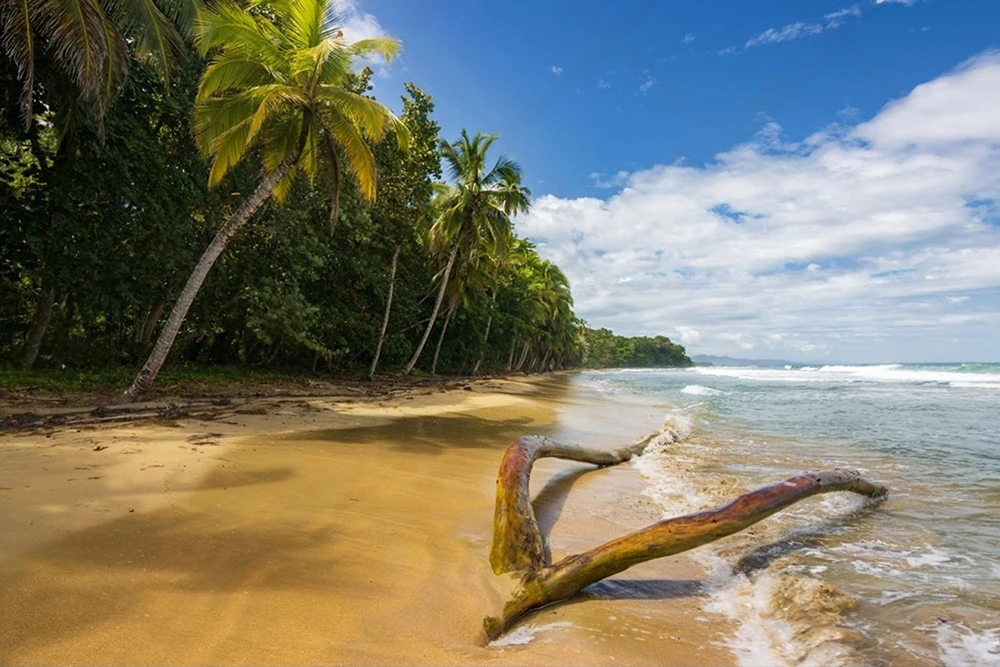
A tiny map, somehow bursting with endless life
I still laugh at the numbers they feel like a dare. In Costa Rica, I remember how the air itself seemed busy: wings flicking at your shoulder, leaves glittering with rain, tiny beads trembling in the light. This little slip of land covers around 0.03% of Earth, yet shelters roughly 5-6% of everything that crawls, blooms, or sings; a thimble holding an ocean of life. It’s the kind of fact that makes you breathe deeper.
You can cross the whole country in a day, and somehow meet more species than the whole of Europe can gather. Morning carries cloud forest mist, crisp and green on the tongue, and by afternoon the air warms with salt and orchids; the forest hums like an orchestra tuning. What surprised me most wasn’t the tally, but the generosity of it all how a small place can give and give without running out of wonder. It left me a little softer, convinced that abundance isn’t about size, but the courage to hold many worlds at once.
The orchid that whispers love and luck
I remember a spring morning when the city seemed to exhale purple. Windowsills glowed with Guaria Morada, their thick petals warm in the sun, carrying a faint, wild sweetness that drifted over the street. In San José, people say if this orchid blooms inside your home, love and luck are on the way and the flowers catch the light like soft lanterns, as if the promise were already humming in the room.
A neighbor once told me orchids prefer patience over perfection, and I believed her. There’s something tender about the idea that good fortune can root itself in a pot by the window, nurtured by ordinary days and gentle care. The bloom doesn’t arrive with trumpets; it comes like a shy promise stepping into the light. Maybe that’s why those purple windows feel so moving each spring Costa Rica keeps its hope close to the heart, where it can blossom quietly and still change everything.
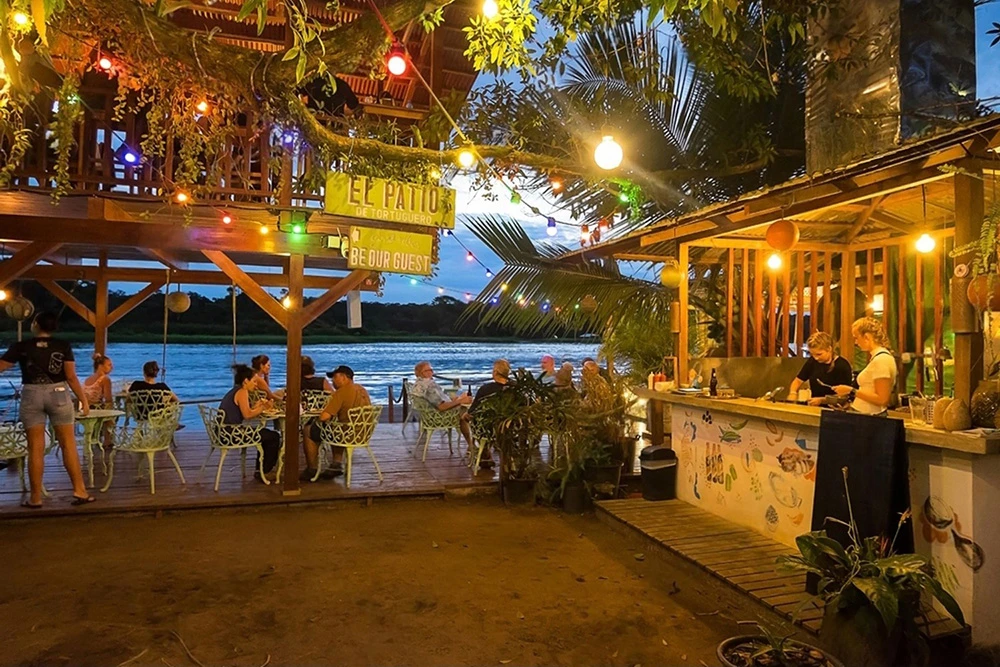
Where Jurassic dreams meet pirates, waterfalls, and sharks
I love the moment you realize a story you grew up with was actually born from a real place. Far offshore, Cocos Island is that rumor made real the one that nudged Jurassic Park into being. The sky feels bigger out there, the kind that hangs heavy after rain, and everything hums with a quiet that makes you lower your voice without meaning to.
It carries that old time adventure: waterfalls threading the cliffs after warm rain, sharks gliding through clear water, and the air holding those old stories of buried pirate gold. I remember realizing that treasure isn’t just coins; it’s the hush under dripping leaves, the prickle of awe, the reminder that the world still has places where wonder feels at home.
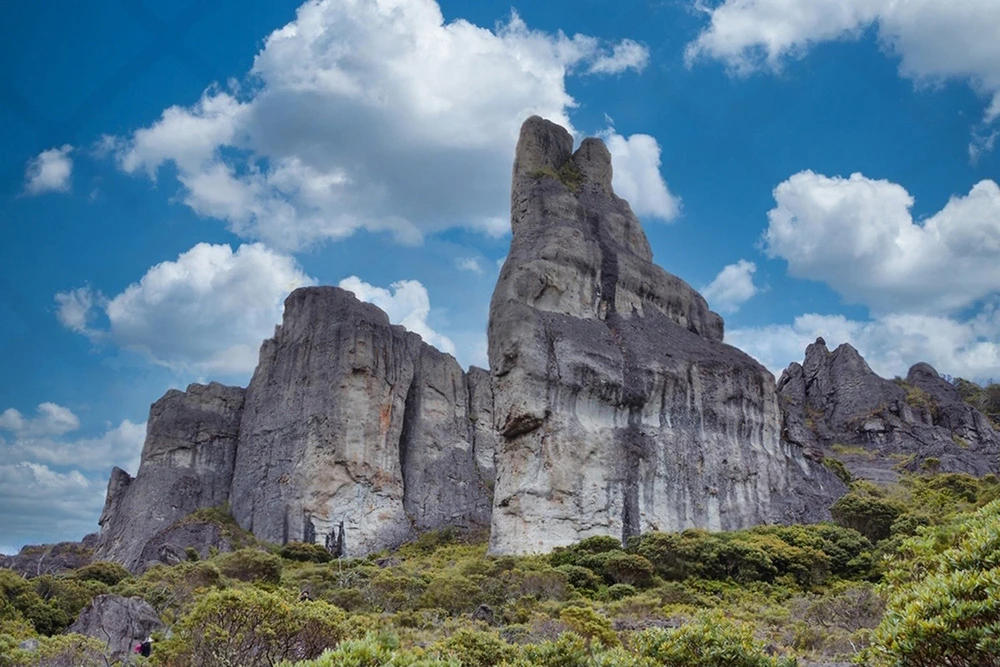
Where turning 100 is just another morning
I remember a grandmother with smoke sweet hands stirring gallo pinto while children hovered like sparrows around the table. Out back, her partner split kindling with the easy rhythm of habit, the kind of motion that looks like breathing. Time here walks barefoot, unhurried, tracking in a little soot and a lot of laughter.
In Costa Rica’s Nicoya Peninsula, scientists call it a Blue Zone, one of those rare places where people regularly glide past a hundred. The neighbors just shrug and say, “good beans and no drama,” and it makes sense the moment you hear rice and black beans hiss in the pan with onion and cilantro, coffee warm in your palm, woodsmoke threading the air. There’s nothing flashy about it; it’s steady, like a trusted recipe you know by heart.
What surprised me wasn’t the number of birthdays, but how light they seemed to carry them. Work still matters, but it’s useful, not punishing; family is close enough to set an extra plate without asking. Age feels like a soft hammock strung between generations, holding everyone up. I left thinking longevity might be less a secret than a way of treating each day gently good beans, no drama, and plenty of room at the table.
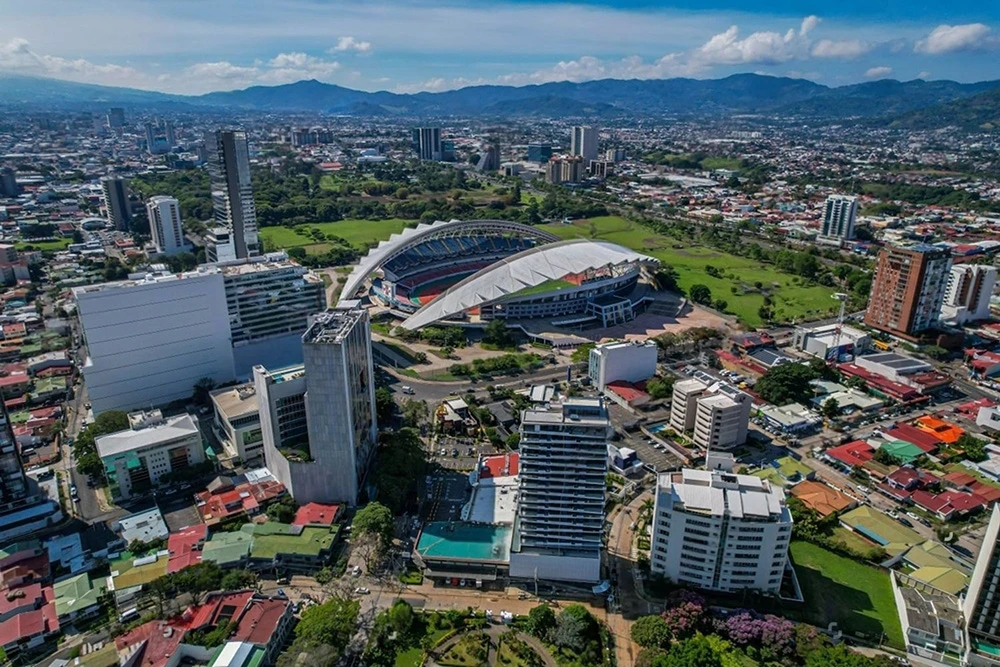
A nation crowned by a painted oxcart
I still love that the national symbol isn’t a fierce animal or a delicate flower, but an oxcart plain wood made luminous. These old carreta once shouldered coffee beans through mud and mountains, the wheels creaking like stubborn music, and now they parade through towns wearing sun bright paint. Up close, each wheel feels like a rolling mandala, layers of color and patience spun into circles that catch the light and somehow the heart too.
Once, in Sarchí, the day seemed to slow to the rhythm of a cart rumbling past, lacquer glinting, a faint scent of coffee husks clinging to the air. It struck me as so tender and wise: to celebrate not a symbol of power, but the quiet labor that built morning cups and livelihoods. In that choice you can hear the place’s spirit a hymn in wood and paint honoring persistence and joy, and the way beauty can rise right out of the mud.
When license numbers set the city’s rhythm
Some mornings feel lighter, the roads a little hushed. Steam from the first café drifts into the warm air, and you can actually hear the hiss of buses and the soft clatter of bicycles. On my number’s rest day, the traffic pulls back like a tide, and the city sounds sweeter – fruit sellers calling, leaves ticking against windows.
In San José, your license plate quietly chooses one no drive day each week – a small, clever way to keep the air a little clearer. It’s a very Tico mix of discipline and chaos, tidy enough to work yet relaxed enough to feel human. Miss it, and the fine finds you quicker than your espresso cools. I like the patience it invites, the sense that we’re sharing the city with each other, not just racing through it.
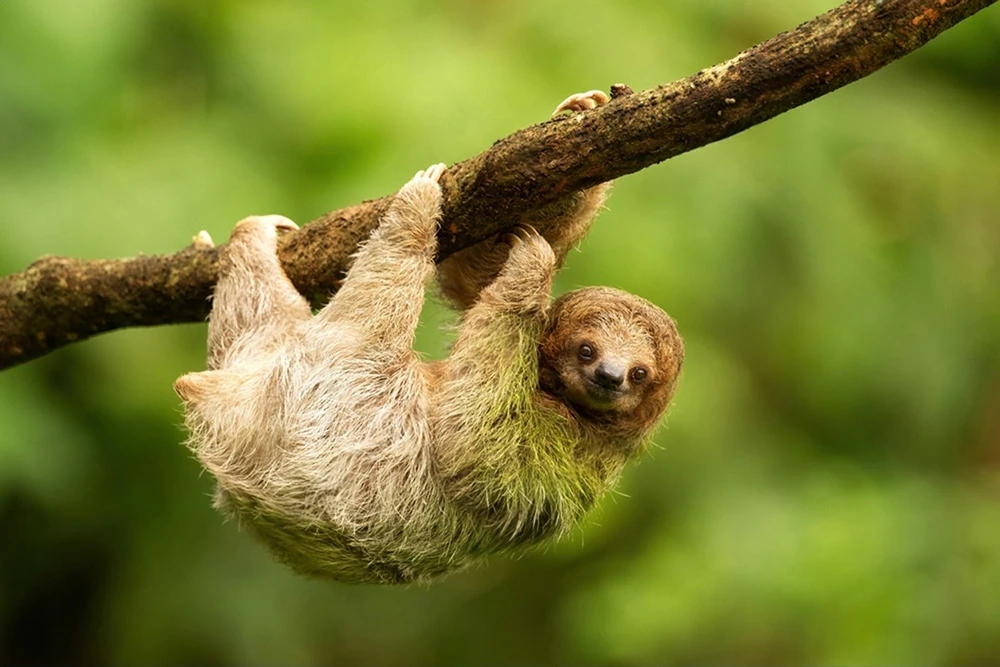
A nation regrew its forests in one generation
I remember the rain starting soft, tapping the tin roof, and the air smelling like crushed leaves and warm earth. It felt almost impossible to imagine the hills around us once stripped thin. Back in the 1980s, the country was losing about 52,000 hectares of forest every year; now it’s down to less than 5,000. You can hear the change at dusk cicadas, bright birds, and a low rustle that sounds like relief.
Costa Rica taught me that recovery isn’t flashy; it’s steady and stubborn, a promise kept. People drew a line, said “no more,” and held it until a green tide returned. Pastures rested, riverbanks cooled, and the forest quietly stitched itself back together. It feels like proof that miracles can be practical, measured in shade, birdsong, and the simple grace of patience.
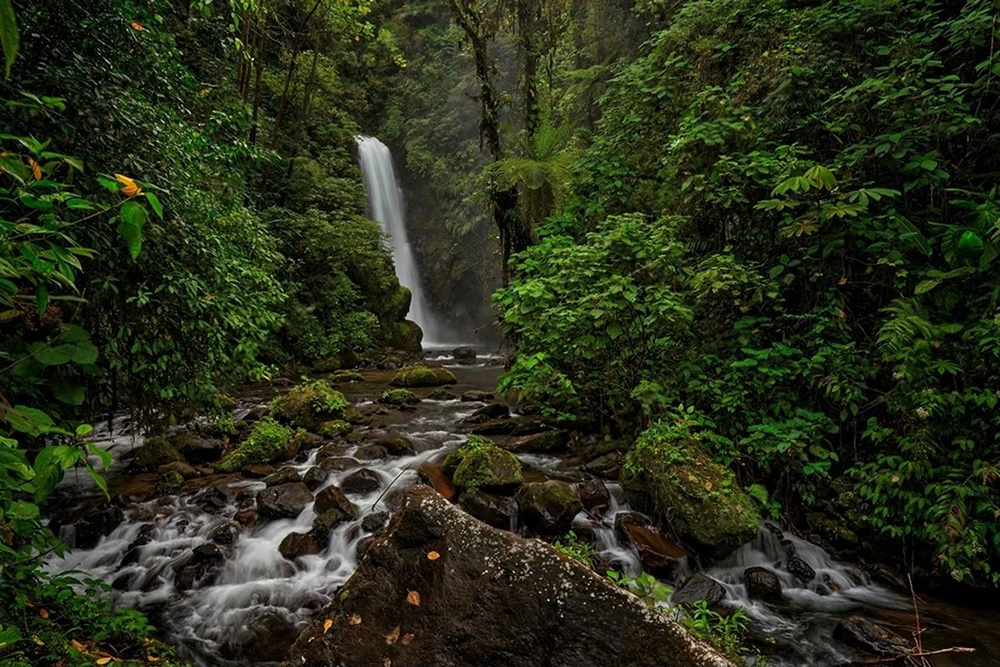
Skull painted speed bumps that tell you to breathe
I remember laughing under the noon sun when a grinning skull flashed up from the road “son muertos,” the locals call them, a joke baked right into the asphalt. The paint was a little chipped, cicadas buzzing like an electric fence in the heat, and there it was: a warning with personality, equal parts wink and wisdom. It looked almost like a tiny roadside altar pressed flat, reminding you that the living and the limits share the same lane.
It sounds grim, but the humor feels tender one of those quiet ways communities look out for each other. Kids dart between shade and dust, abuelitas talk across porches, and these skulls keep everyone honest: drive slow, or risk joining the dead. Only in Costa Rica does even a safety sign feel alive, like a warm hand on your shoulder saying, hey, steady now, we want you around for the next mango season.
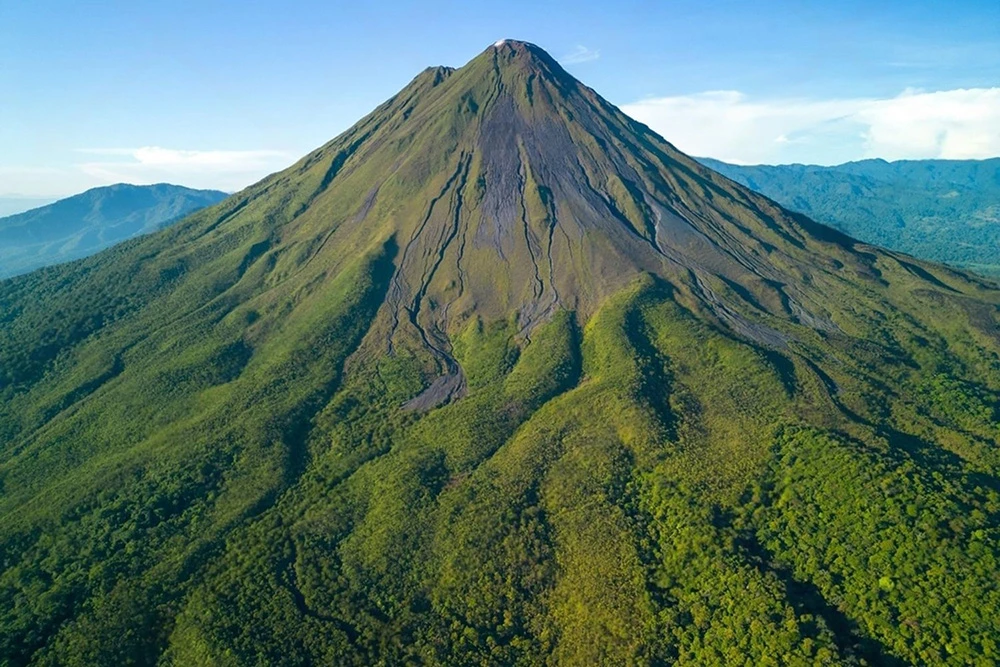
Jaguar faced stories at the Festival de los Diablitos
They looked fierce, yes, but not to scare you off more like a growl you can wear. Carved wood still smelled a little like shavings and rain, and the paint flashed in tropical blues, jungle greens, streaks of sunset red. I remember tracing the whiskers with my eyes and growing very quiet.
During the Festival de los Diablitos in the village of Boruca, Costa Rica, each mask becomes a chapter in a long memory: jaguar faces standing up to invading powers, the old fight retold so the youngest can feel it in their bones. The drums thud like heartbeats, laughter rises, and there’s this understanding that survival can be celebratory, that defiance can be beautiful.
What stays with me is how the fierceness softens into care when a community tells its own story. The masks aren’t just decorations; they preserve memory, a reminder that identity can outlast pressure. I walked away feeling a little braver, grateful for the way paint and tradition can steady a person.
A beach shaped like a whale, with whales
Sometimes the world outdoes our metaphors. There’s a stretch of coast where the shoreline wears a whale’s tail so clearly you can trace it with your eyes, and I remember grinning at the audacity of it. Warm salt on my lips, pelicans skimming low over bronze water, and the easy hush of a place that doesn’t need explaining in Bahía Ballena.
Each winter, real humpbacks arrive and everything goes quiet for them. You hear the soft exhale before you see them, little plumes hanging in the light, then the slow curve of a back that makes you forget to breathe. I loved how unforced it felt nature not trying to be poetic, just being and how the tail shaped sand and the whales themselves fit together like a joke the earth tells with a straight face.
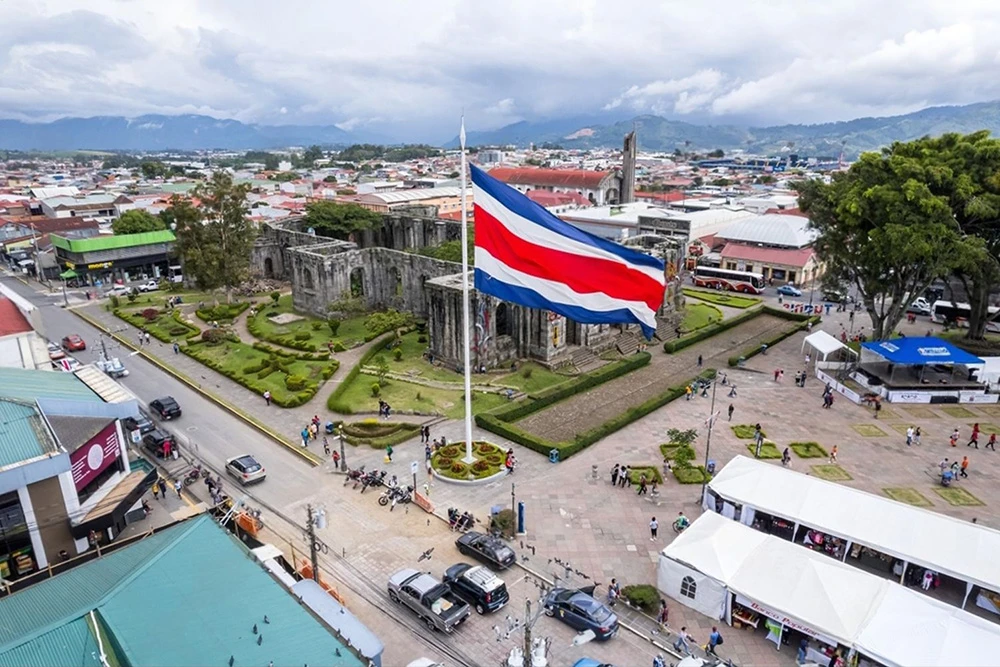
The lizard that actually sprints across river water
I blinked, and suddenly the surface of the river dimpled in a rapid trail. A slim green lizard bolted from the bank and skimmed the surface slaps of water like quick applause. They call it the Jesus Christ Lizard, and for a breath it truly runs, toes tapping the skin of the water as if it were solid.
Watching it, I couldn’t help laughing the way wonder here shows up loudly and without apology. In Costa Rica, the air is loud with insects and birdcall, and even a lizard chooses to sprint across a river rather than slip away quietly. It leaves you a little more awake, the kind of moment that lingers long after the ripples fade.
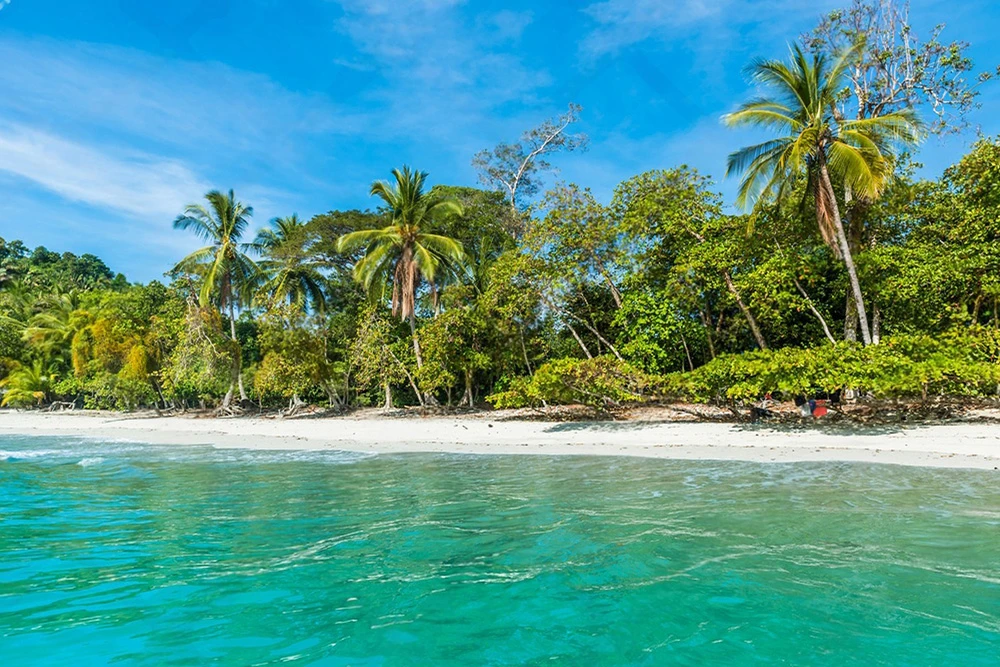
Coffee paid for a palace of song in 1897
I remember looking up at the ceiling and grinning, the way you do when something feels grand and oddly familiar at the same time. Gilded balconies, marble underfoot, frescoes overhead ornate as any opera house I’d seen in Europe and yet there was this warm, roasted hush in the air. Someone told me the National Theater was paid for by a tax on coffee back in 1897, and suddenly all that gold felt less like a trophy and more like a thank you note.
That little detail changes the way the room sits in your chest: closer, steadier, a beauty that belongs to people with early mornings and stained fingertips. Here in San José, every fresco seems to carry the faintest trace of espresso and a streak of defiance, as if the city folded its pride into the paint and dared it to shine.
It makes me think that art doesn’t only arrive with aristocrats and signatures; sometimes it’s brewed from work, patience, and a common cup. Proof, really, that beauty can be built from beans and that’s why this place feels so tender and so triumphant at once.
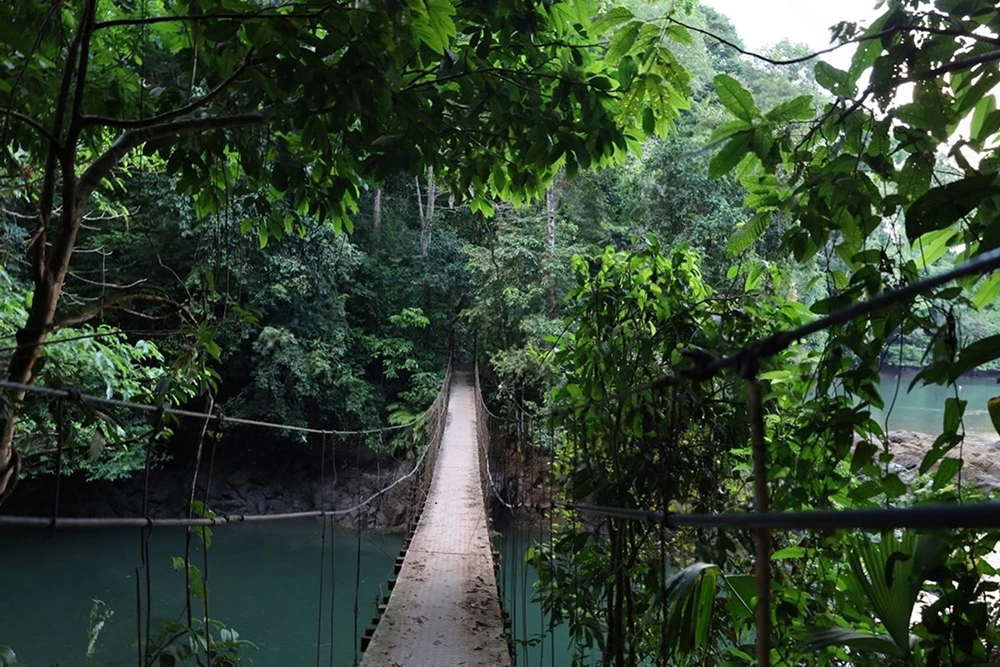
A country traded cages for living sanctuaries.
It still feels bold, doesn’t it the moment a place decides that wonder shouldn’t pace behind bars. Back in 2013 they rewrote the rules: no more zoos with cages, just sanctuaries and reserves where the forest itself keeps time. I remember the earth sweet smell after rain, cicadas rasping, and a sudden flare of red and gold as macaws called to each other overhead.
Here in Costa Rica, rescued jaguars keep to the shadows and scarlet macaws wheel into the sky, not as exhibits but as neighbors in rewilded spaces. It surprised me how quickly that choice felt natural, like a promise stitched into the trees. It’s proof this place protects wonder even from itself, and it leaves you a little softer, a little more careful with the wild inside and around you.
Pura Vida, the country’s quiet, easy heartbeat
At first it sounded like a throwaway greeting, two syllables tossed over coffee steam and rain wet doorways. Pura vida drifted from bus stops, fruit stalls, and neighbors’ gates until it stopped feeling like a slogan and started sounding like a heartbeat steady, forgiving, always there.
In Costa Rica, it really does mean pure life, but more than that: no rush, no worries, and a soft acceptance of the smudges and frayed edges. I remember realizing it when the day ran late and nobody flinched; someone smiled, said it again, and the wait turned into shade, small laughter, and air that tasted faintly of mango and sea salt. The phrase settles into you like salt in the air, reminding you that contentment isn’t perfect just present and that might be the most beautiful thing of all.
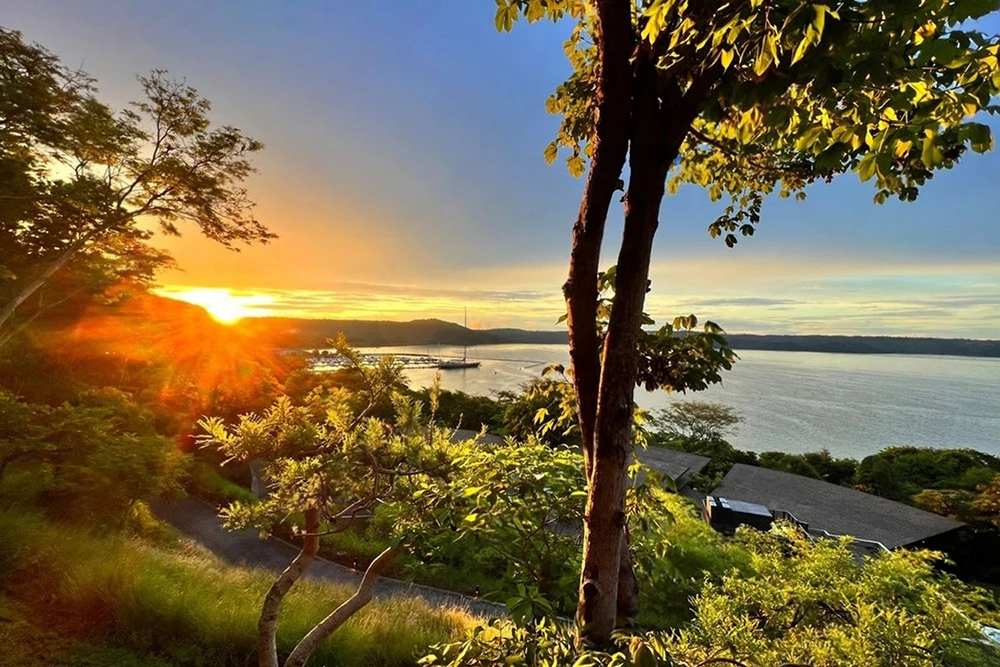
Bullfighting turned playful in Zapote’s beautifully unhinged December
I remember laughing until my ribs ached, the brass band wobbling through a cumbia while fireworks crackled over a dusty ring. A bull snorted at the bright lights and the crowd answered by pouring into the sand teenagers in scuffed sneakers, office guys in shirtsleeves, tías shrieking with delight from the rail. The bulls aren’t killed here, not even close; it’s all feints and near misses, a wild parade of people daring fear to blink first. Over the nights, thousands step in to try their luck, and the stands erupt for every ridiculous, miraculous dodge.
It sounds reckless, but the mood is somehow gentle. When someone tumbles, strangers lift them; when the bull tires, he’s let out to rest while the band keeps the rhythm. The whole spectacle is a blender of courage and comedy, and it feels deeply Tico thrilling, hilarious, a little insane in the most affectionate way. I left with dust on my shoes and that fizzy happiness that lingers past midnight, convinced that here, chaos knows how to become community.
Cacao as a doorway back to our ancestors
Sometimes the smell of cacao makes me go quiet. I picture a small fire, a gourd catching the steam, the air heavy with rain and leaf breath. People say the Bribrí hold ceremonies deep in the mountains, where chocolate isn’t a treat but a way of listening to the Earth and the ones who came before.
It isn’t a spectacle. Tourists almost never sit in that circle, and that feels right. Sacred things don’t need more eyes; they need more respect. I imagine the first sip bitter, velvety, grounding settling in the chest like a warm drumbeat, while elders speak of rivers, roots, and the hush that follows truth.
Knowing this happens somewhere in Costa Rica changes how the whole place feels to me. It’s like a thread stretched quietly through time, tying the present to soil and story. Even from far away, the country seems to hum with that gentleness; you move through it softer, as if walking through someone else’s prayer.
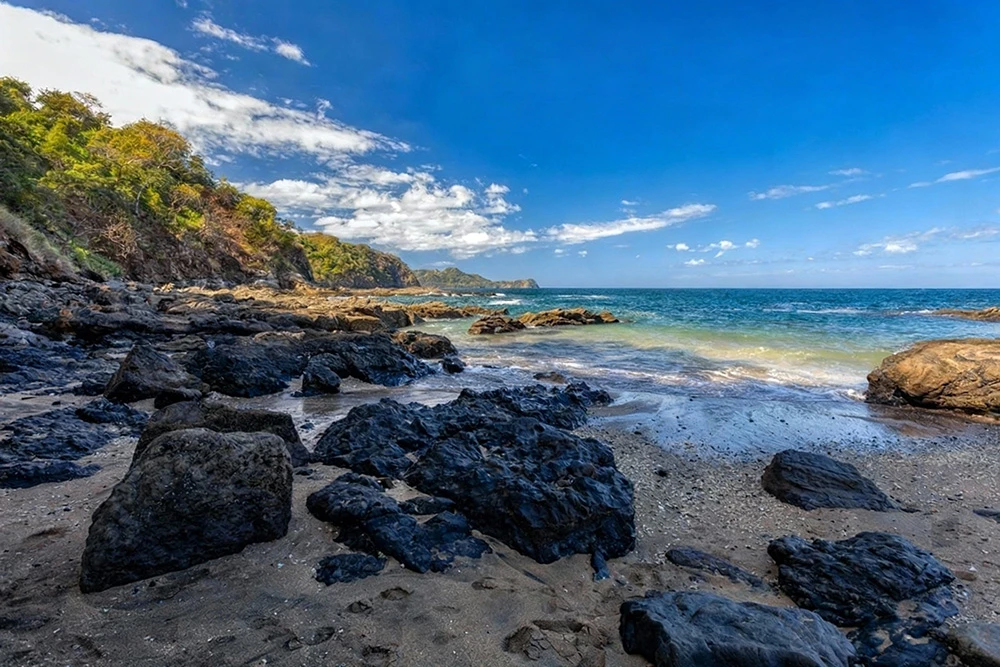
Where rivers and volcanoes keep the lights on
It still makes me grin that in the land where a lizard sprints across the water, the bigger surprise is the socket on the wall. Over ninety percent of the electricity here comes from rain swollen rivers and heat rising from the earth. I remember evening air smelling of wet leaves while the fan hummed – and realizing the breeze above me was yesterday’s downpour turned into light.
That’s what I love about Costa Rica: the grid feels personal, like nature signed the utility bill. Rivers rush through mossy ravines, turbines hum softly; far off, the air carries a faint sulfur tang from the volcanoes, and somebody’s coffee maker sputters to life. It’s not just impressive engineering – it’s a quiet confidence in place, a reminder that a country can be powered by the same things that fill its forests and skies.
Night picnics beneath a mountain that quietly breathes fire
I didn’t expect wonder to taste like warm bread and citrus beer. From a safe strip of beach, people drifted into the dark with old baskets, the kind that creak when opened, and the night held that soft hush just before a secret. Then the slope lit up – a slow orange spill – and conversation fell to murmurs. The glow warmed our cheeks, and the air smelled of salt and sulfur.
On Stromboli they don’t call it carelessness; they call it a Thursday, or a birthday, or simply a good night for sitting still. Over time it turned into a ritual: blankets on black sand, an extra cup offered to a stranger, kids learning how to be quiet with big things. I remember feeling oddly safe in that shared silence, as if everyone agreed to hold their breath at the same time. You leave with the sense that not every powerful thing needs fixing; some are best met with patience.
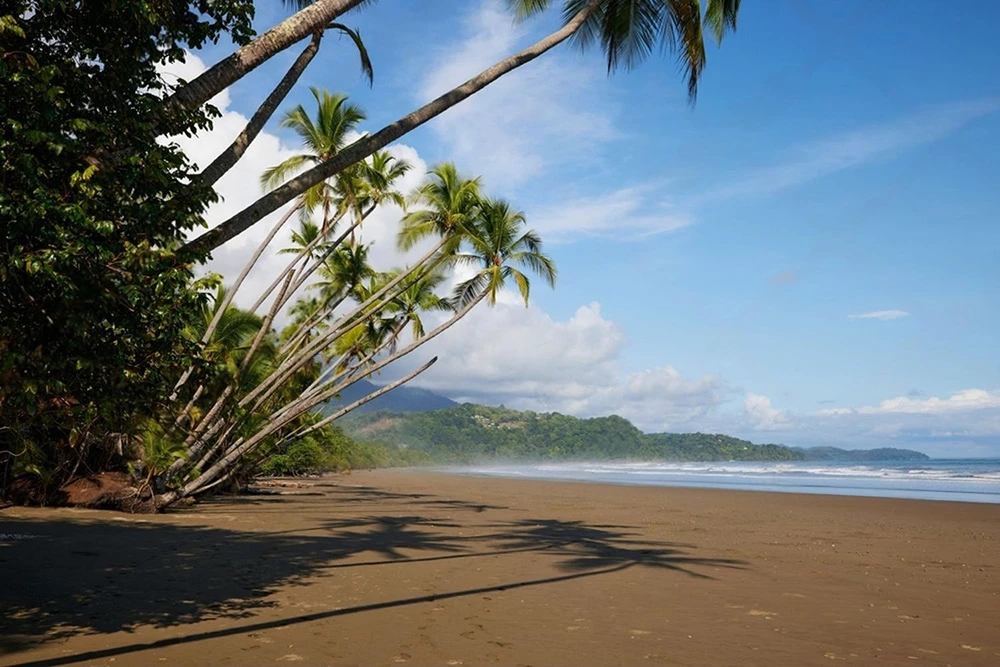
Where silence hums and orchids hide in mist
I remember the air turning cool and close, the kind of mist that softens edges and beads on eyelashes. Every twig seemed to carry a secret orchids so small and shy they looked like drops of color that had decided to bloom. Somewhere in Monteverde, I realized the forest wasn’t just quiet; it was attentive, as if the world had leaned in to whisper back.
When I finally stilled myself, I could hear it: the gentle hush of a place breathing, like putting an ear to the planet’s chest. Even the silence had a pulse leaf drip rhythms, the faint rustle of wings, a hush that asked you to be tender. It felt like stepping into a cathedral of mist, where awe isn’t loud or dramatic; it’s the calm that settles over you when life is everywhere, and you’re lucky enough to listen.
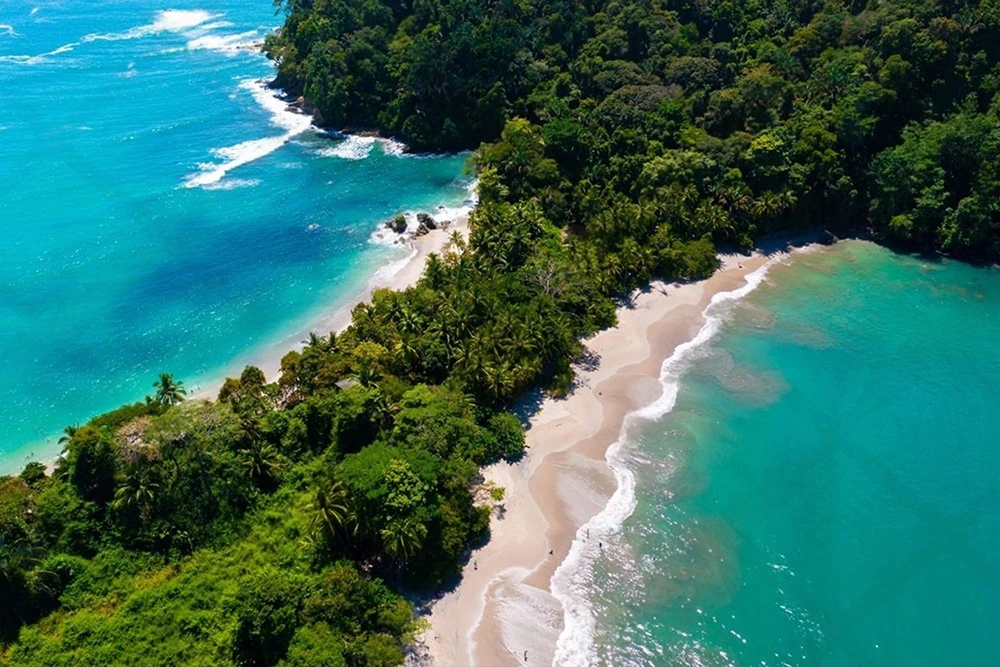
An economy illustrated by sloths, monkeys, and hummingbirds
It made me smile the first time a sloth blinked up at me from a crinkled colón. In Costa Rica the bills are splashed with jungle greens and river blues, with hummingbirds mid hover and monkeys caught mid mischief; the artwork is unexpectedly tender and bright. Holding that money feels like carrying a pocket sized field guide, equal parts informative and kind.
I used to think currency is just numbers; here it felt like values. So much of everyday livelihood depends on forests staying wild and seas staying clean guides awake at dawn, trails soft underfoot, small towns steady when the rains return. Tourism and nature move together with a quiet, mutual care, and the currency seems to breathe chlorophyll.
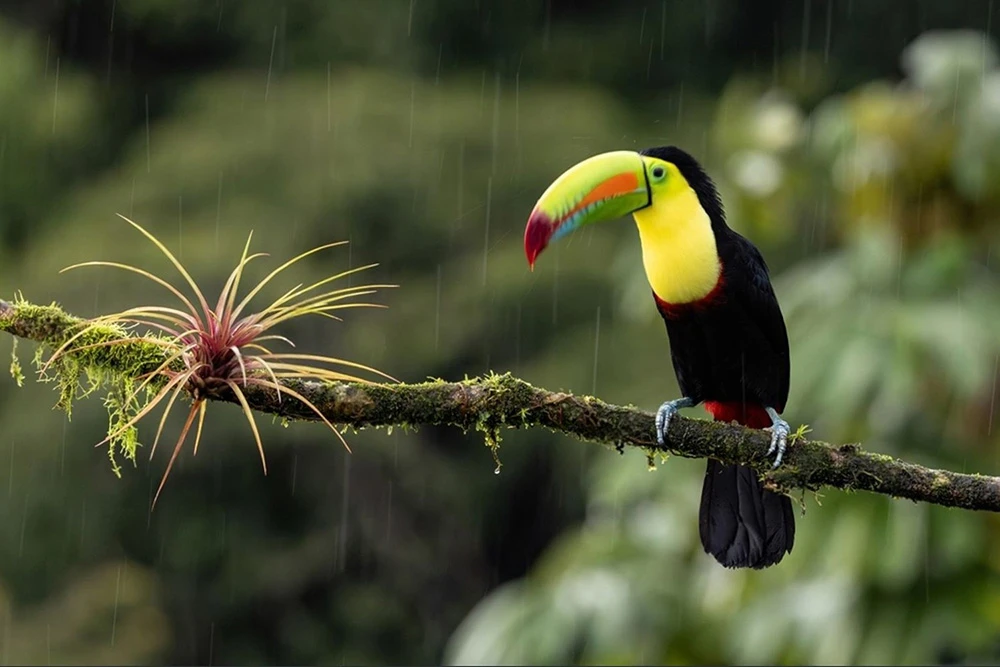
Moonlit nests and a thousand small miracles
I remember standing so still I could hear the ocean breathe. Under a quiet, generous moon, the sand turned pale and the first turtle surfaced heavy, patient carving a soft cradle into the beach. Time stretched thin as she covered the nest and faced the waves again, like an old promise kept without fanfare.
The neighbors walked lightly, almost carrying their footsteps, and their voices were softer than prayer. They kept watch with dim red glows and easy blessings, saying goodnight to each mound the way you might to a child. In Tortuguero, it felt as if the whole village had agreed to speak in whispers so the future could sleep.
Weeks later, the beach trembled with tiny movements, and suddenly the sand opened. Hatchlings poured out and found their thin paths to the surf, a quick, determined river of small lives. I had that lump in the throat feeling I can’t quite name; watching them meet the water, I felt the quiet click of hope, the sense that courage can begin in the smallest bodies and still move the world.
Live gentle, eat slow, and say Pura Vida.
I didn’t expect a phrase to loosen my shoulders. Here in Costa Rica, people say there’s an unofficial rule: live gently, eat slowly, love nature fiercely, and somehow finish every thought with “Pura Vida.” It sounds simple until you watch how it settles into a day, a soft drumbeat under everything.
I remember breakfast with papaya that tasted like sunlight, coffee steam curling into the rafters, and nobody in a hurry to be anywhere but there. When the rain arrived, chairs inched closer, voices softened, and everything quieted in that warm, satisfied way. Life really does taste sweeter when you stop chewing at it and let it rest on the tongue.
People care for the wild in everyday ways stepping around a line of ants, pausing while a hummingbird hovers at the hibiscus, giving the ocean the space it asks for. I came home with a habit, not a souvenir: speak kinder, linger longer, notice more, and sign off with a small smile, “Pura Vida.” It stays with you.
A Homeland That Mostly Lives Beneath the Waves
I remember a fisherman tilting his chin toward the horizon and saying, Pura Vida, like it was both blessing and direction. The air was warm and salty, pelicans sweeping low as the water flashed shards of late sun. Standing there, it felt obvious that the edge of land wasn’t an ending at all, just a doorway. Some places greet you with mountains; here, the welcome is a glittering line that keeps breathing.
In Costa Rica, the map is mostly water, a homeland whose largest neighborhoods live under waves and trade winds. That simple truth makes the seaward gesture feel less poetic and more like pointing toward the other half of the family. It changes the way I think about nationhood less fences and streets, more currents, reefs, and the hush between breaking swells. No wonder Pura Vida carries so gently here; the country moves to a long blue heartbeat.
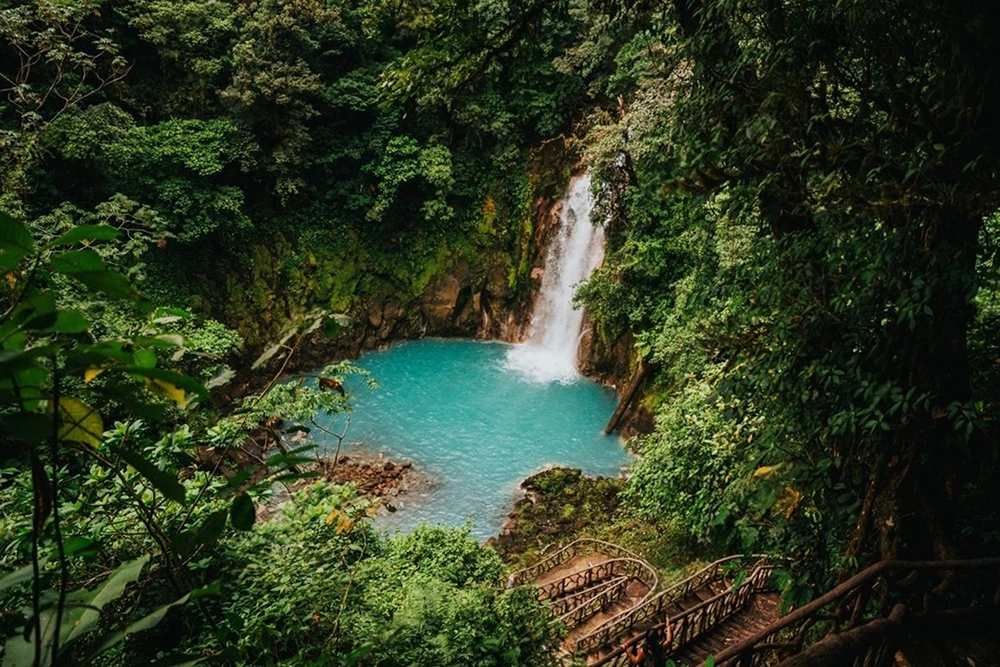
Final thought
In Costa Rica, hidden stories, small details, and human moments reveal a truer side when we slow down. The longer we pay attention, the more the picture clears, like a Polaroid slowly developing. You find it in the quiet after laughter, in a small kindness offered, in the care of a name remembered. May we keep looking with patience and wonder, and leave room for the next tender detail to be seen.
